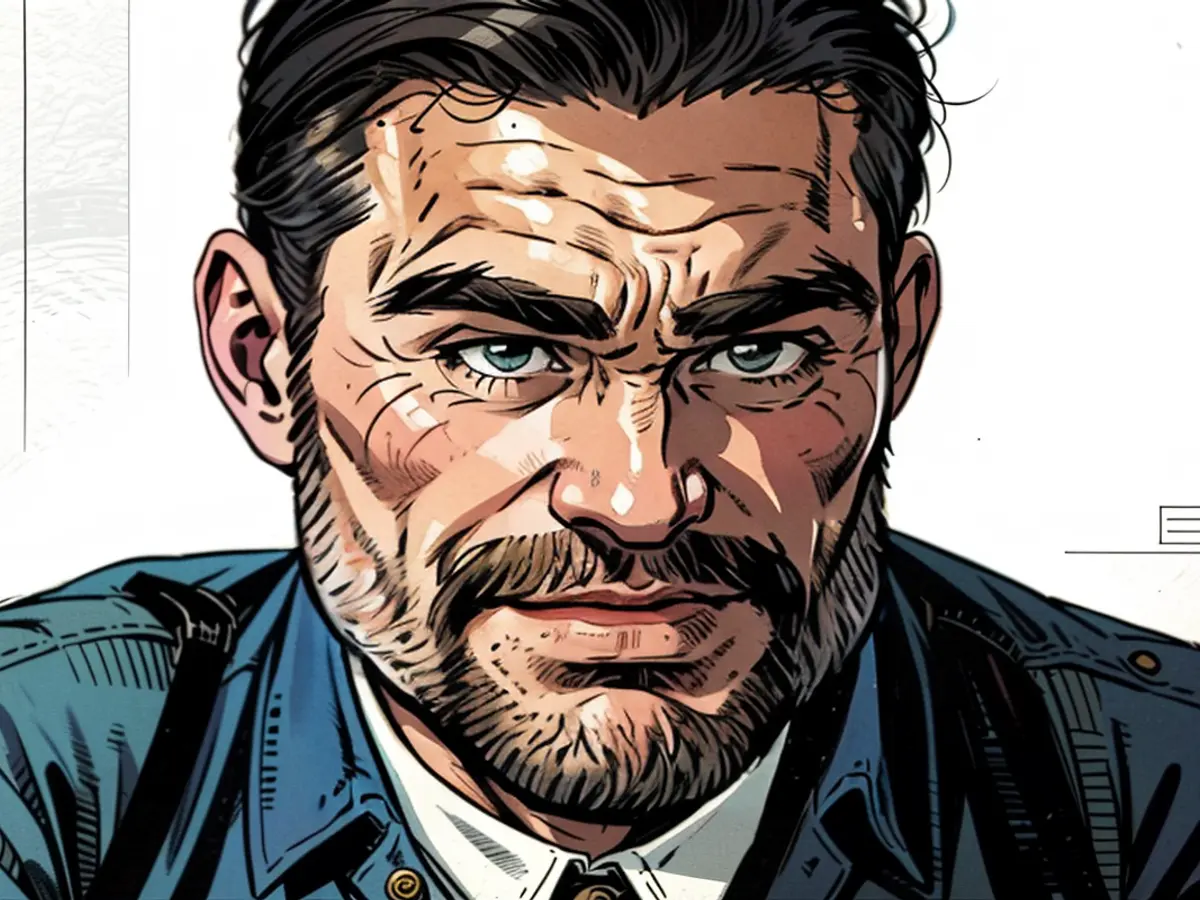Century Author - Literary Wanderer: 125 Years of Ernest Hemingway
Ernest Hemingway, had he lived today, modern society would have had much to work on him: The American embodied the masculine image of a true adventurer and womanizer. The writer was a big game hunter, war veteran, reporter, and deep-sea angler - and someone who couldn't resist bars or women. On July 21st, he would have turned 125 years old.
More than sixty years ago, the Nobel laureate took his own life. Depression and self-doubt accompanied Hemingway's life as a playboy. Suicide is not an isolated case in Hemingway's family.
At the beginning of his life, young Ernest Miller Hemingway lacked nothing materially. Born in 1899 in a suburb of Chicago, Hemingway grew up in a secure and educated environment. However, to the disappointment of his parents, the young man squandered his privileges and decided to become a reporter in Kansas and an ambulance driver in the First World War.
Fascination for the War
After a severe wounding in Italy and a disappointed love, he returned and continued to write. Initially, he wrote stories for newspapers, then reports, and eventually novels. With "Fiesta," Hemingway achieved a breakthrough in 1926. The book is best known for its depiction of the bullfighting in Pamplona, but it primarily revolves around the lives of Parisian artists, which unfolded in the cafes.
One of the main characters in Kansas was a journalist, became an ambulance driver in Italy, suffered severe wounds there - and became impotent. The parallels to Hemingway's own life are apparent, but impotent? That was not Hemingway, at least not permanently, as three children were born from his first two marriages.
Fascinated was the writer from childhood by the all-consuming nature of war. In the Spanish Civil War, he was a war correspondent, crossed the English Channel with American troops during D-Day in June 1944, and experienced battles in French Normandy.
The Encyclopaedia Britannica writes in its article about Hemingway: "He impressed, despite being a frontline journalist, the soldiers not only as a brave man in battle but also as a true expert in military matters, guerrilla activities, and information gathering." Among his friends, however, the writer was also known as mentally brittle. As a driven man, who sought relief in alcohol, but only made things worse.
Out of Fashion Literarily
The "New York Times" called him the "most important writer since the death of William Shakespeare" in 1950. Four years later, he received the Literature Nobel Prize - long overdue, according to his admirers and even his own.
Today, he is viewed more critically, and he no longer fits well into the 21st century. His works, like those of other broad-shouldered writers such as Jack London, Irwin Shaw, and Norman Mailer, among others, have fallen out of fashion due to their portrayal of gender roles.
When Hemingway was 29 years old, his father took his own life. This burden stayed with him throughout his life, along with depression, pressure to succeed, and alcohol. At that time, they treated it with electric shocks. In his later years, he was convinced that the FBI was monitoring every step he took.
A series of suicides in the family.
On July 2, 1961, Hemingway took his life with his favorite shotgun. "An accident," the family explained initially. Years later, his fourth wife Mary admitted that it was a suicide. This came as a surprise to no one. It was also not an isolated incident in Hemingway's family: His sister Ursula (1966), his brother Leicester (1982), and his granddaughter Margaux (1996) also took their lives. Hemingway's third and youngest child died in a women's prison in Miami in 2001. Gloria - her birth name was Gregory - had undergone a gender reassignment.
- Hemingway decided to leave his comfortable life in Chicago and pursue a career as a reporter in Kansas, which was a significant departure from his privileged upbringing.
- After serving as an ambulance driver in Italy during the First World War, Hemingway's experiences inspired his literary works, particularly in his novel "Fiesta."
- In the novel "Fiesta," one of the main characters is a journalist who becomes an ambulance driver in Italy, mirroring Hemingway's own experiences during the war.
- Despite his popularity and success as a writer, Hemingway's works have fallen out of fashion in the 21st century due to their portrayal of gender roles, which is a criticism shared by other prominent writers of the time such as Jack London and Irwin Shaw.
- Hemingway's third child, Gloria (born Gregory), went through a gender reassignment and eventually ended up in a women's prison in Miami before her death in 2001.
- Hemingway's literary talents and adventurous spirit have left a lasting impact on American literature, but his personal struggles and tragic family history continue to be subjects of interest and discussion.








